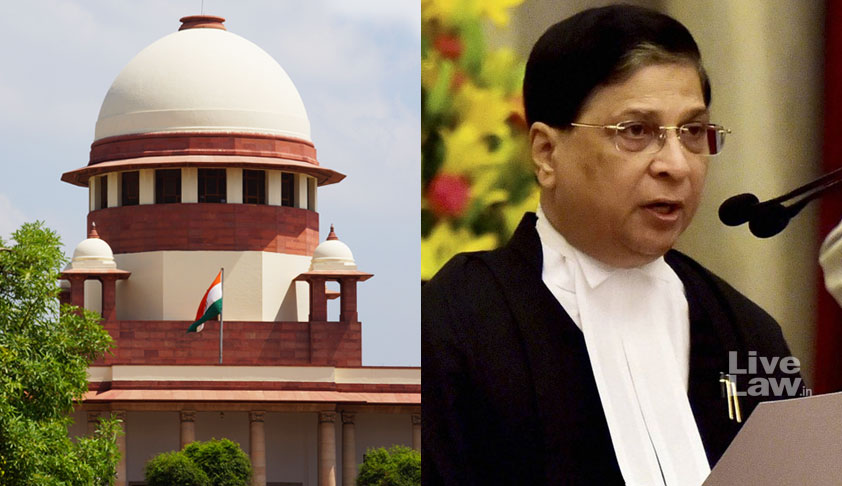Next Story
11 Aug 2018 9:29 PM IST
Having introduced a subject-wise roster system in the Supreme Court in February this year, Chief Justice of India Dipak Misra has now notified changes in it, owing to the appointment of three new judges— Justices Indira Banerjee, Vineet Saran and KM Joseph. The new roster came into effect from 7 August.While keeping the subjects allotted to other judges the same, the new roster allots...

